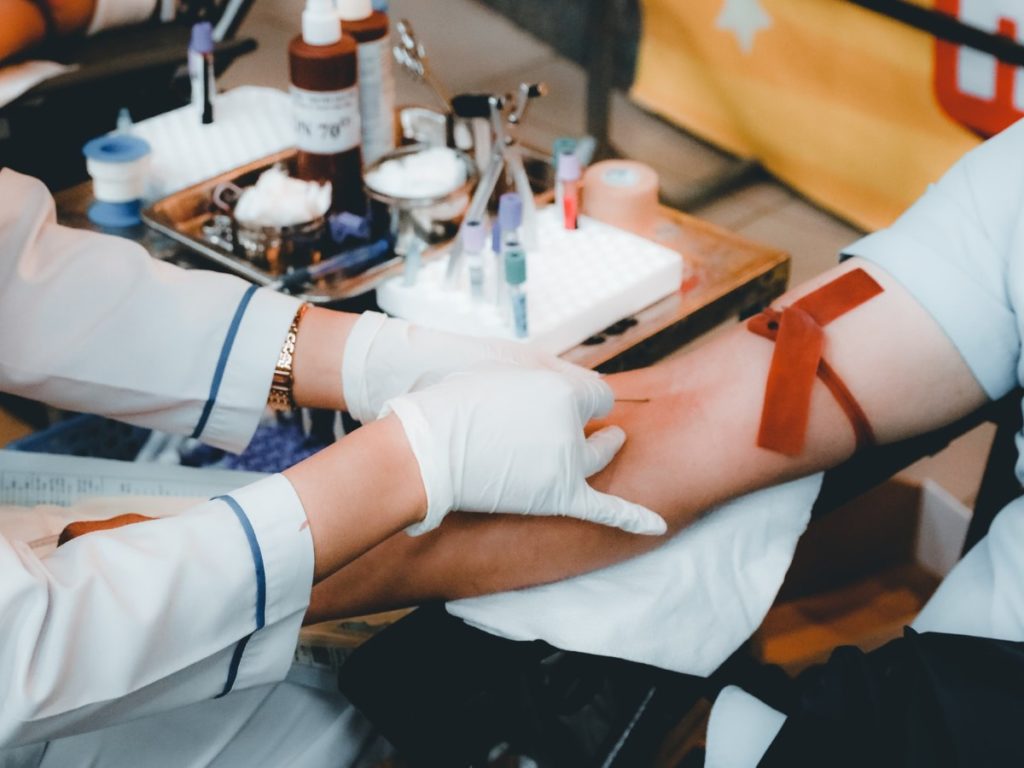
4 Critical Aspects of NY Phlebotomy Certification & Training
What Are the Most Important Things to Learn During Your NY Phlebotomy Certification?
Even though most areas of medicine require many years of dedicated study, phlebotomy – drawing blood with needles – is a field that almost anyone can enter. You can get a phlebotomy certification in NY in under a year, with generally 40-80 hours of class time and another 20-40 hours in hands-on training. This makes a NY phlebotomy certification one of the fastest and easiest ways to get your foot in the door within the medical industry.
What are some of the most important aspects of the training? These are areas that any reputable phlebotomy certification program should focus on.
Four Critical Aspects of Phlebotomy Training
1 – Locating veins
Being able to locate veins is obviously of paramount importance when your job is to successfully draw blood. However, this can be more difficult than you might expect. Some patients have small, thin veins which are hard to locate. If the patient is overweight, this can make the process much more difficult by covering the veins with layers of fat.
You should be getting as much clinical training as possible to properly locate veins on the first try. Having to make multiple stabs is unprofessional, and extremely uncomfortable for patients.
2 – Comforting nervous patients
A fear of needles (trypanophobia) is one of the most common medical-related fears across all groups. Young or old, any gender, there are a lot of people who are afraid of needles or of seeing their own blood. A good phlebotomy training course in NY will focus on giving phlebotomy technicians tools and strategies to help mitigate these fears and calm the patient down.
Remember, being dismissive of their worries will only make the situation worse. Sympathy is critical!
3 – Pathogen training
Whenever dealing with blood, there\’s the possibility of coming into contact with bloodborne diseases. A poorly trained phlebotomist could accidentally infect themselves, or others. Any training course will spend plenty of time focusing on how to properly handle needles and reduce the chances of infection.
4 – Privacy and HIPAA
Finally, all medical professionals – even phlebotomists – must know how to properly handle patient records and protect their privacy. HIPAA regulations cover all healthcare professionals. A phlebotomist who accidentally compromises patient privacy probably won\’t have their job for long.
The Westchester School for Medical and Dental Assistants
The Westchester School for Medical and Dental Assistants makes it easy for you to achieve your first certifications and find lucrative employment within the medical industry! We will offer phlebotomy classes beginning January 2022 so plan now! Contact us to learn more about our training and certification programs.